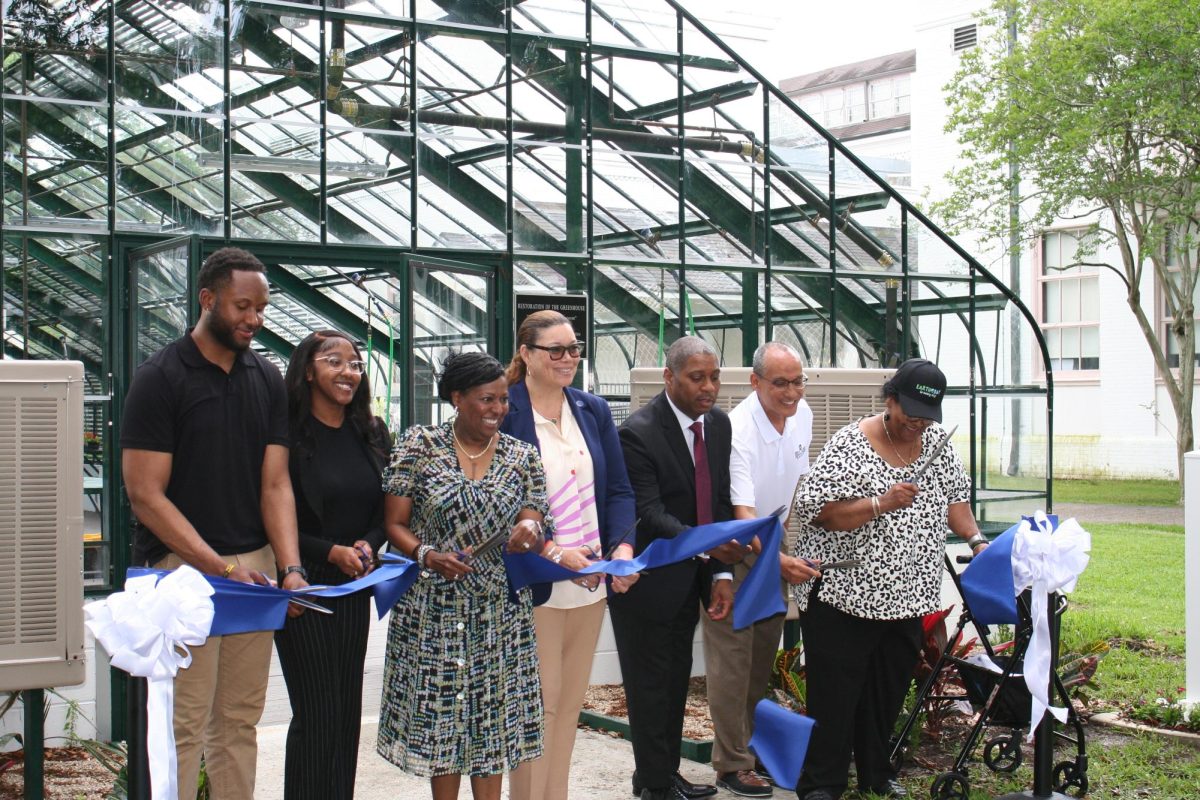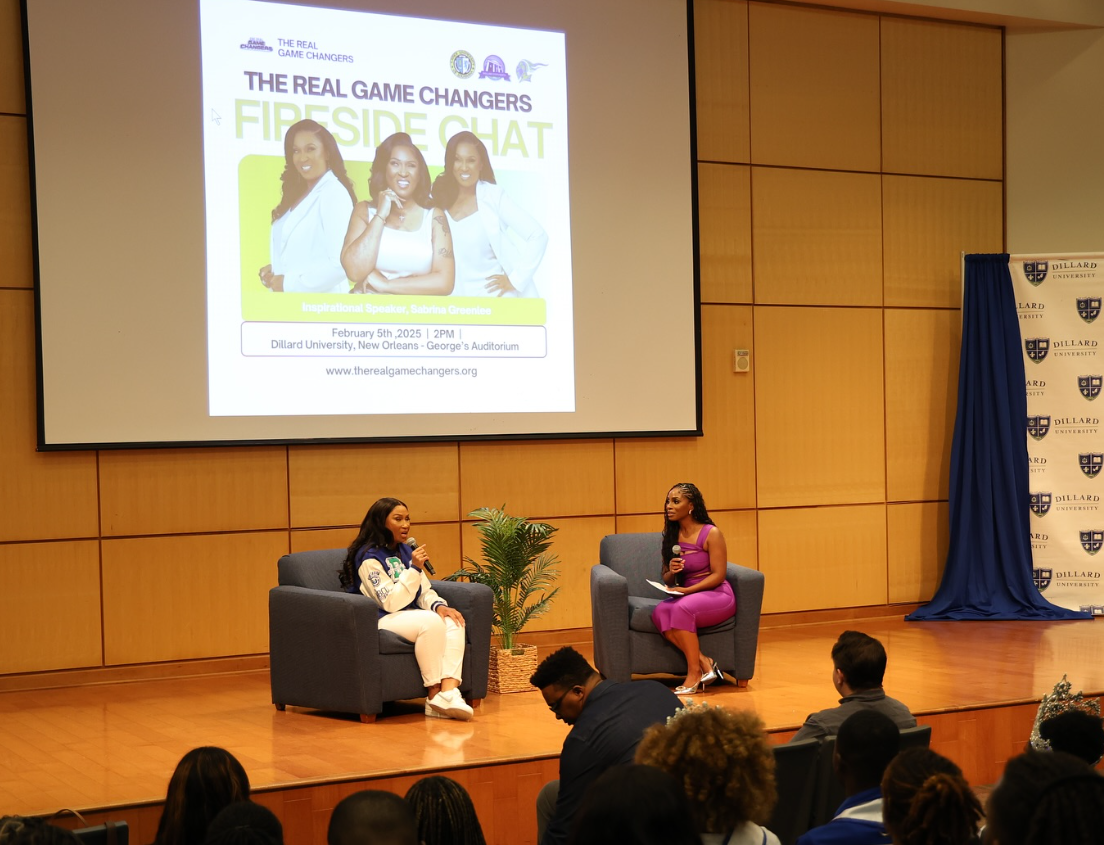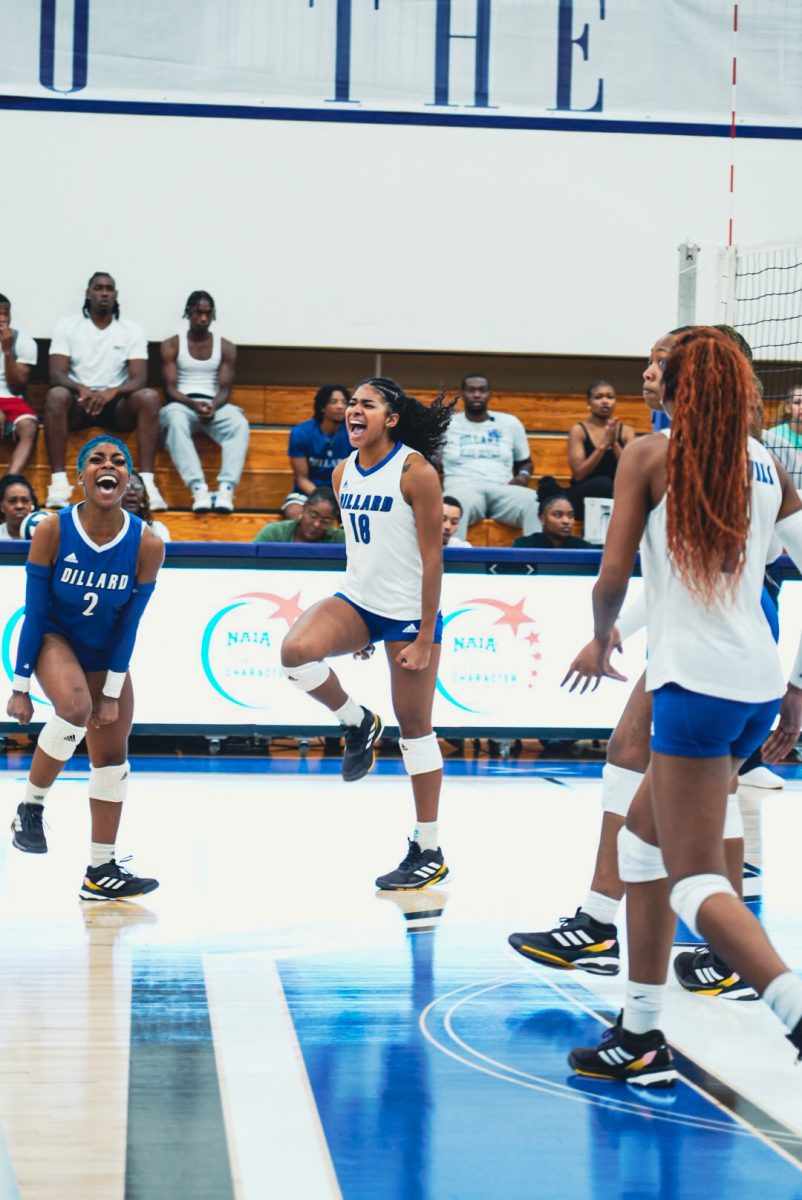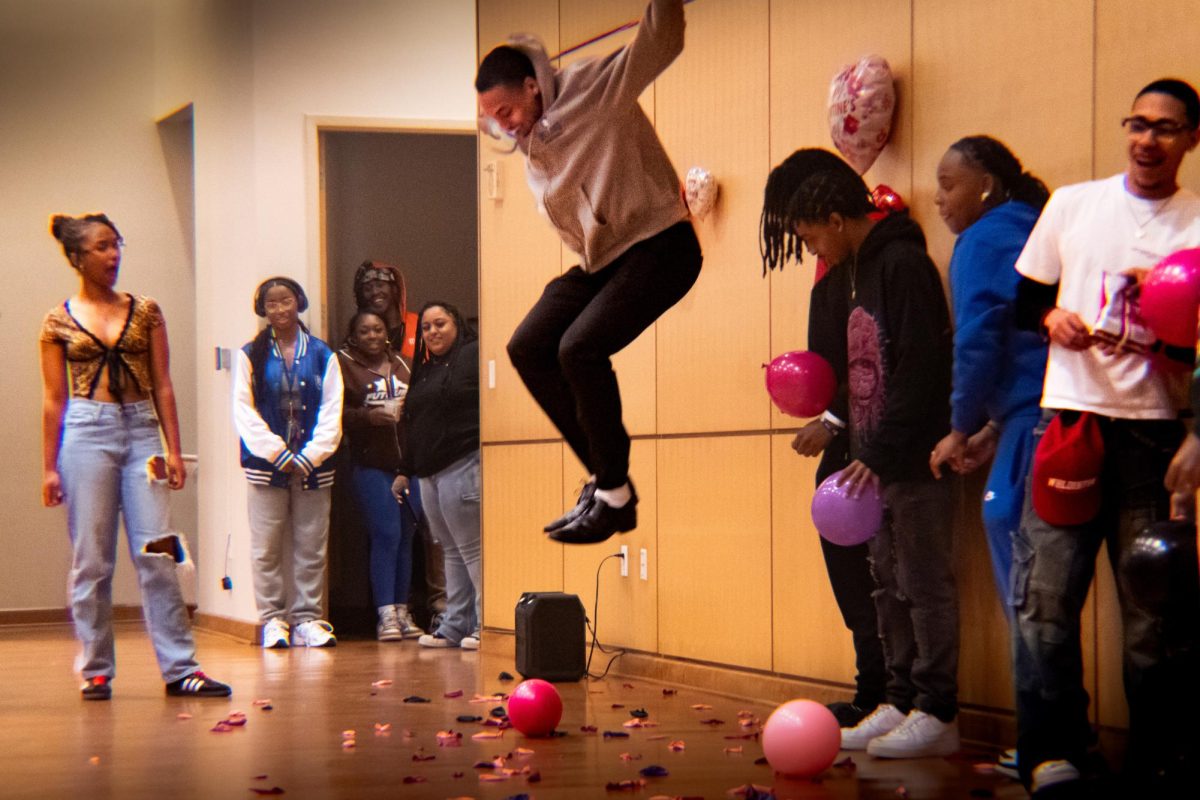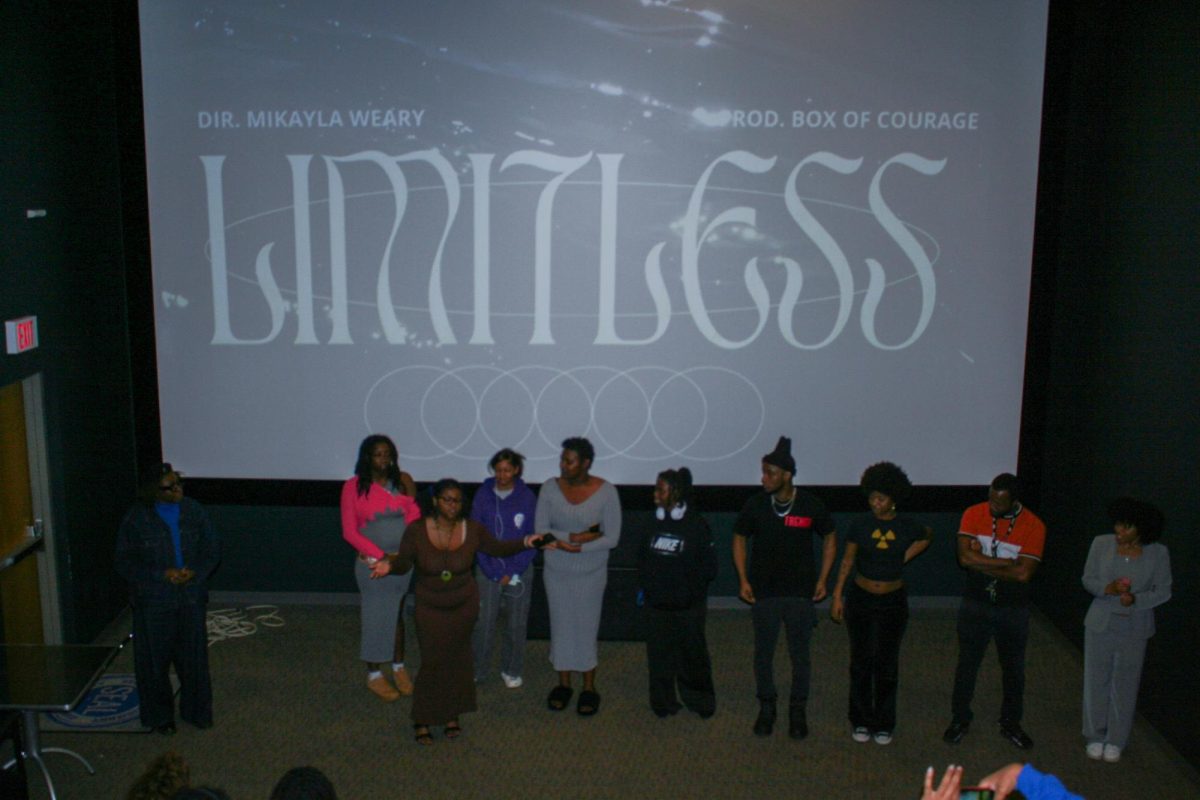Delta Sigma Theta sorority and Alpha Phi Omega fraternity, collaborated with Camp Ace Monday, Nov. 8 to inform Dillard students about sex and sexually transmitted diseases.
As students gathered into the candle-lit room in Cook, organizers passed out trivia questions to test people’s knowledge of sex and STDs.
Although many students know symptoms of STDs include itching, burning, abnormal discharge, and foul odor, representatives of Camp Ace, a place that offers free condoms and free testing for STDs, revealed that it is first important to know your body before you can recognize these changes. They recommended that males and females stand in front of a mirror naked from time to time to get familiar with their bodies.
Although both genders can transfer and contract STDs, females are more likely than males to be unaware that they have a STD because their sexual organs are internal.
For example, Chlamydia is a disease in which symptoms are slow to surface or may not last. Therefore, people are unaware that they have a disease that can be spread to others.
According to recent studies, Chlamydia has become the most common STD on college campuses because people are unknowingly transmitting it, said representatives of Camp Ace.
The representatives of Camp Ace revealed yet another fact. Other STDs are also on the rise, especially in New Orleans and Baton Rouge. These cities help make Louisiana fourth in the country for the number of people with Syphilis, which can cause blindness, and other side effects, if not detected and treated early.
This is a scary thought for some students. "That’s really scary," said Gabriel Johnson, a junior biology major from Shreveport, La. "You have to really be careful and cautious about what you do. Basically the safest sex is no sex. But if you have to have sex, wrap it up."
HIV/AIDS is another STD sweeping the country. Although it was once considered only prevalent in the gay community, AIDS is now affecting people of all race, genders, ages, and sexuality, with African American women being the main victims of the disease.
One student suggests steps to take to help avoid AIDS and other STDs. "Being an African American woman I think it’s horrible. Before having sex, people should get tested and make sure their partners get tested too. They should also try to learn the sexual background of their partner. If you feel your partner is lying, you should go with your gut," said Ashley Hughes, a sophomore computer science major from Jackson, Miss.
However, most college students admit that they do not really take the time to learn all they can about the sexual history of their partners.
"People in college act on their desires and think about the results later," said Charlotte Lovelace, a sophomore English major from Shreveport, La. "People think that college is a time to have fun and let loose. People are bombarded with the stereotype that college is a place for sex."
Other factors that students said lead to reckless sex are college parties, alcohol, and the absence of parental guidance. Ashley Richardson, a sophomore psychology major from Baton Rouge, La said, "Some college students are used to having parents standing over them telling them what not to do, so college gives them the opportunity to behave the way they want." She also said that alcohol is easy to obtain in New Orleans, which also plays a part in young people having sex.
But, self-esteem may also be a factor. Representatives of Camp Ace said that people with low self-esteem, especially females, are more likely to have sex.
Students agree that people with low self-esteem have sex more often or for the wrong reasons.
"Girls with low self-esteem take guys invitation to have sex more emotionally than literally and they don’t realize their true self-worth," said Lovelace.
Sharina Arceneaux, a sophomore nursing major from Lafayette, La. said "I won’t say that they have sex. But if they have sex period that could be a reason. Most of them are probably just looking for attention."
Regardless of people’s personal reasons for having sex, sex should be taken seriously and protection should be the only option. The representatives of Camp Ace suggest that everyone ask themselves, "Would I rather be 99% protected or 100% unprotected?"
Camp Ace offers free testing for AIDS and Syphilis every Wednesday at the campus’ health center. Students can also pick up free condoms.

